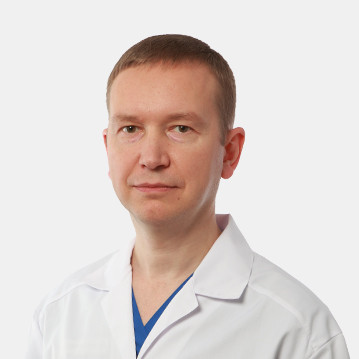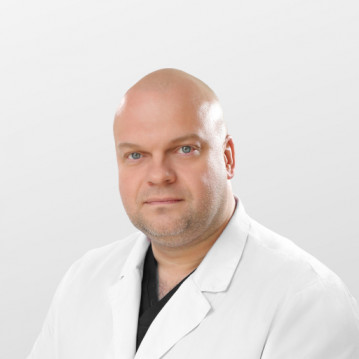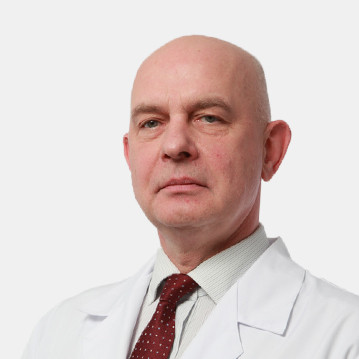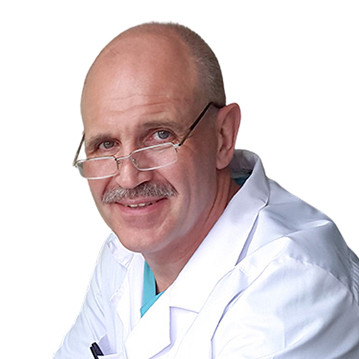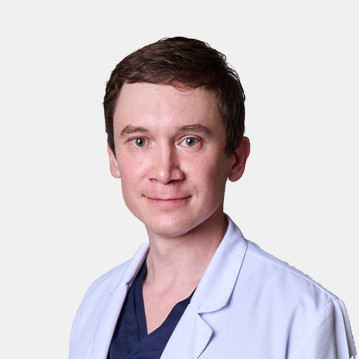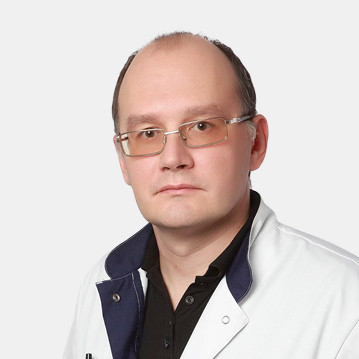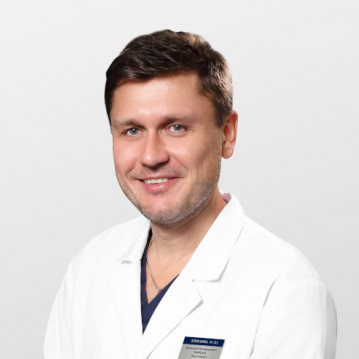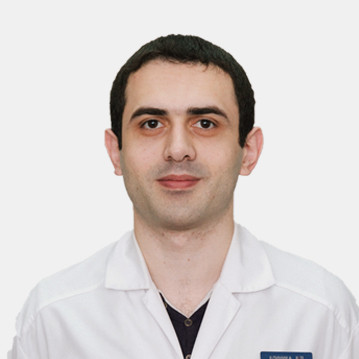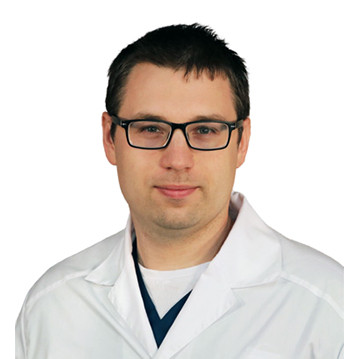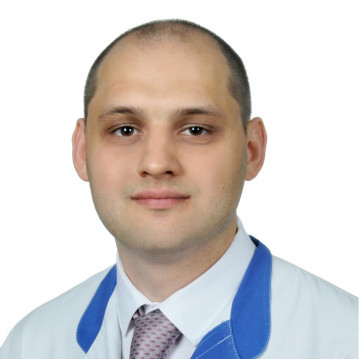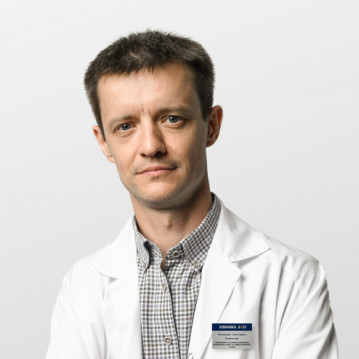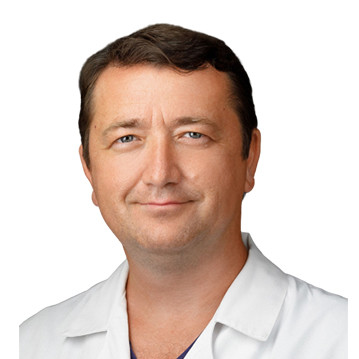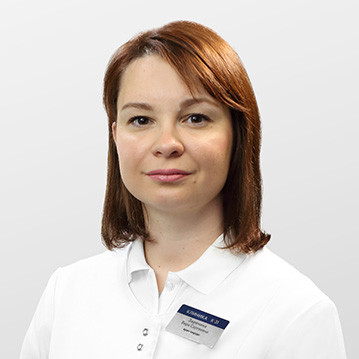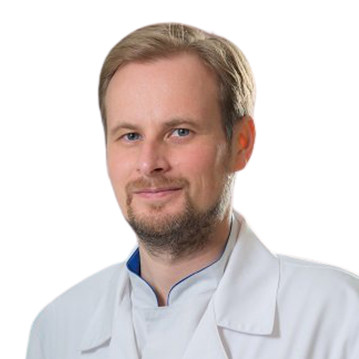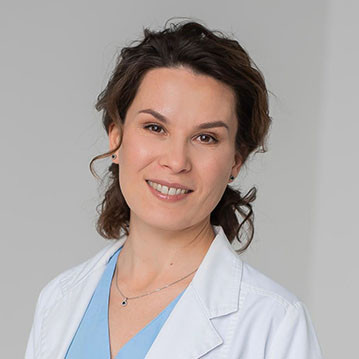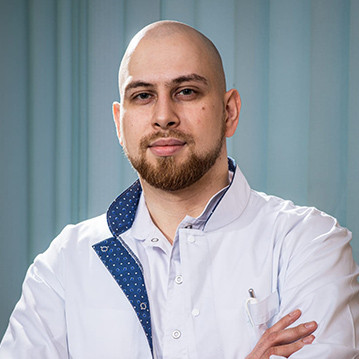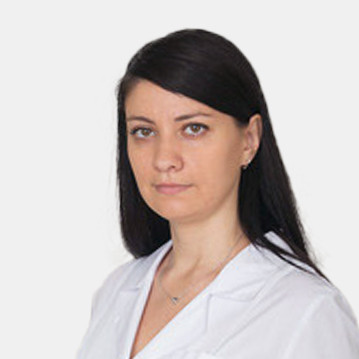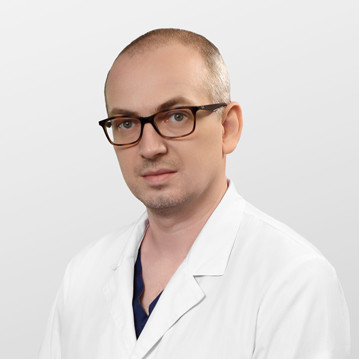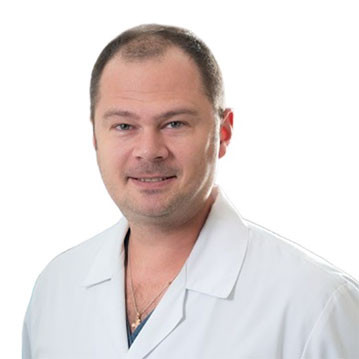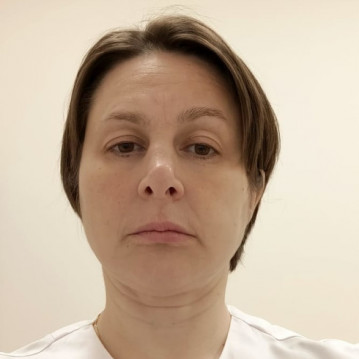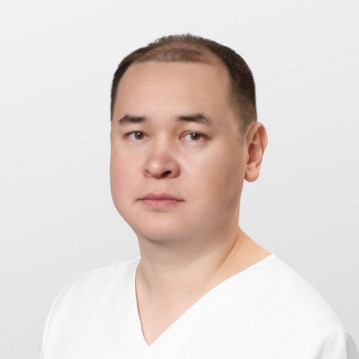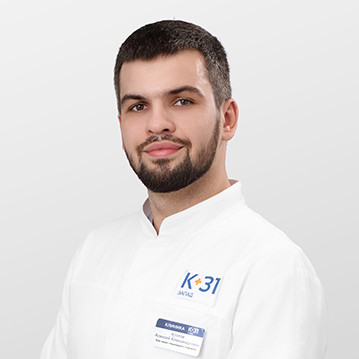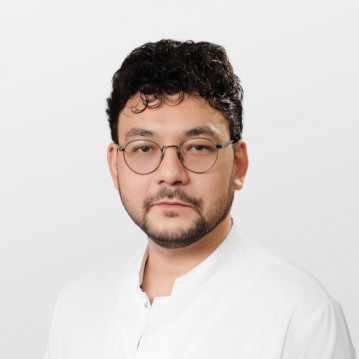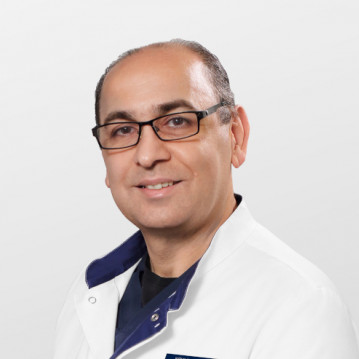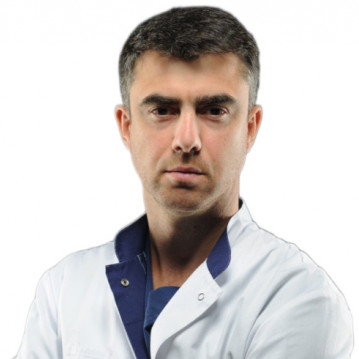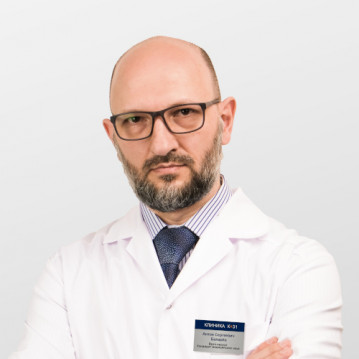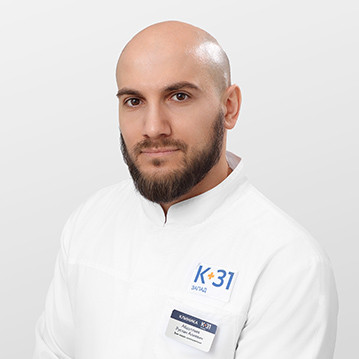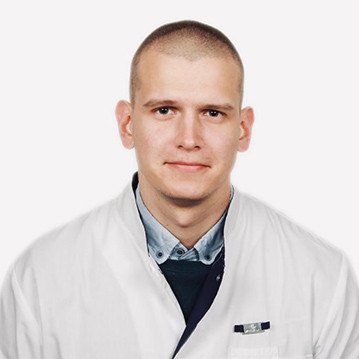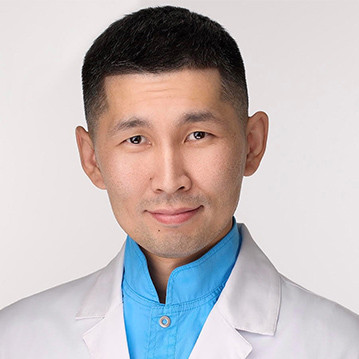Physiological effects of iodinated thyroid hormones
In addition to regulating almost all processes occurring in the body, thyroid hormones are necessary for brain development. The effect of hormones on the central nervous system is manifested by a change in reflex activity, behavior. Their increased secretion is accompanied by increased excitability, emotionality, rapid exhaustion. In hypothyroid states, the reverse phenomena are observed - weakness, apathy, weakening of the processes of excitation.
Thus, an excess or deficiency of hormones leads to the appearance of various symptoms, both behavioral and mental, the cause of the development of which for an ordinary person remains unclear for a long time. By the end of this story, a person usually gets to the endocrinologist, and the problem is no longer obscure.
From therapeutic approaches to surgical tactics
However, there are problems that cannot be resolved without surgery. To date, a person is completely faced with the problem of oncology and the thyroid gland is not included in the list of exceptions .
The modern concept of detecting thyroid tumors is very simple: all nodes with a size of 10 mm or more are punctured. and more. Sonographic signs are also taken into account. When identifying such nodes, the patient needs to perform a fine needle aspiration biopsy.
Special preparation for TAB ( fine-needle aspiration biopsy ) is not required. After performing the TAB, the patient returns to his usual life after a few minutes. This procedure is absolutely painless and does not require the conditions of a dressing room. A thin needle, under the supervision of an ultrasound scan, punctures the nodular formation and aspirates the contents of this node. The result is sent for a cytological examination, according to the results of which one can judge the presence of an oncological process. With a cytological picture of cancer or adenoma of the thyroid gland, the patient is shown surgical treatment.
What is the complexity of surgical treatment of thyroid diseases?
In the area of the thyroid gland, the reciprocal-laryngeal nerve passes, which innervates the vocal cords and, when damaged, a hoarseness of the voice occurs or, in the worst case, its complete absence. In our center, surgeons use the technique of extrafascial thyroidectomy and hemithyroidectomy under MANDATORY VISUAL control of nerves and parathyroid glands. In complex cases, this technique is supplemented by intraoperative monitoring of nerves with the help of special neuromonitor equipment. All this allows patients to return to their usual lives as soon as possible.
After the operation, all patients undergo hormonal status monitoring, which makes it possible to adequately select the required dosage of hormones. It is worth noting the false fears that amid the use of Eutirox (L-thyroxine), patients are not gaining excess weight.
As for the cosmetic effect, the use of modern technology, suture material and skin glue in the aggregate eliminates possible cosmetic defects and thereby contributes to an earlier restoration and return to the usual life rhythm.
